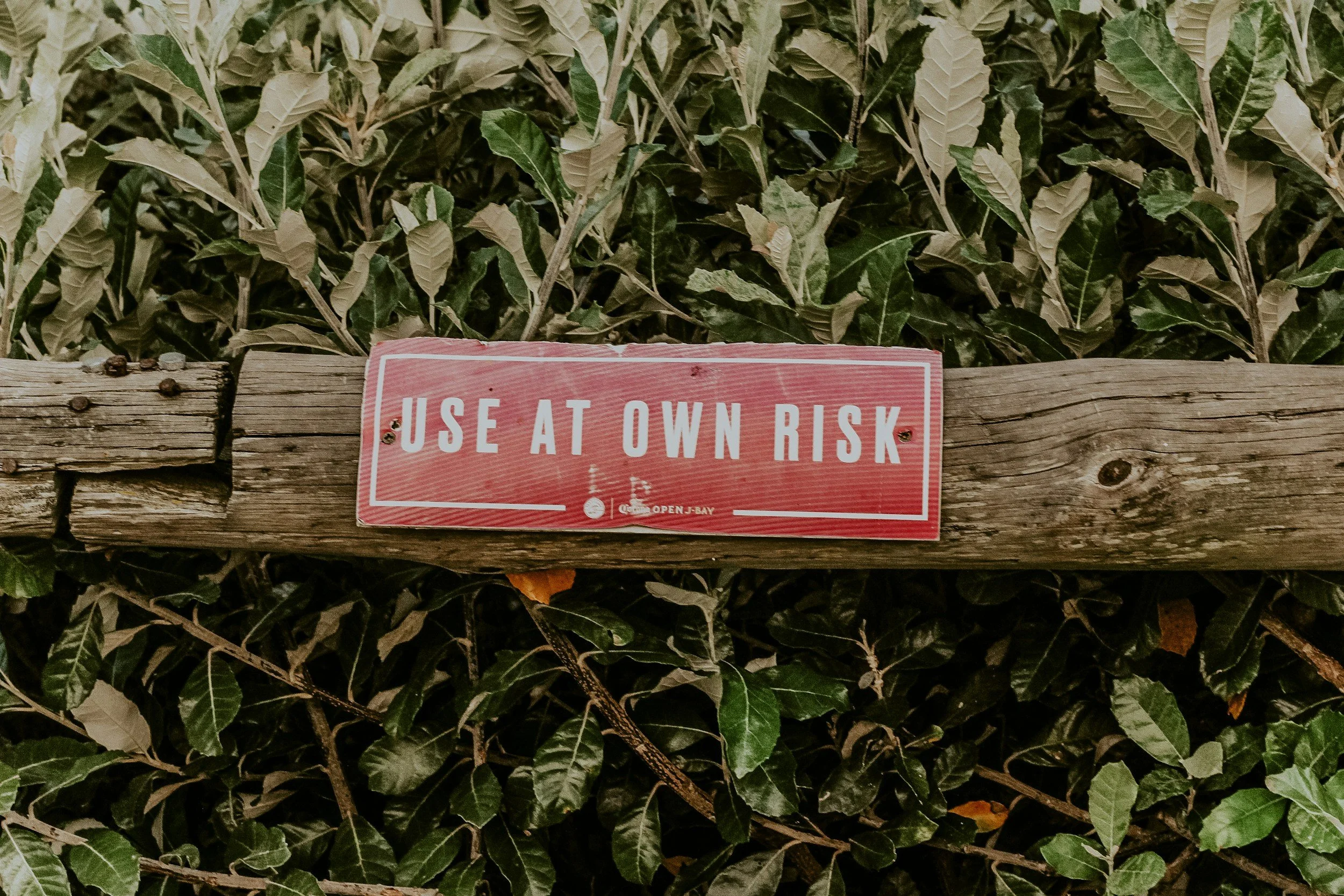Happy Stakeholder Relationship = Event Success
Stakeholder management can make or break your event.
Some event disasters are loud—think technical failures, bad weather, or a no-show speaker—but the worst one?
Poor stakeholder management?
This silent event killer often flies under the radar, but it can ruin your event before it even begins. The key to a smooth event isn’t just about showing up on time; it’s about managing expectations, ensuring clear communication, and defining roles from the outset.
Effective stakeholder management is the unsung hero behind a successful event. Whether you're working with sponsors, vendors, or internal teams, each group has different needs and expectations. Juggling them all can feel overwhelming, but if you fail to stay ahead, you're setting yourself up for chaos, confusion, and even disaster.
Pro Tip: Aligning expectations early, maintaining open communication, and setting clear roles are the foundation for a smooth event and long-term success.
3 Steps to Managing Stakeholders Like a Pro
1) Expectation Management Pre-Event
It’s never too early to start aligning expectations. Before you dive into the event planning process, have a conversation with each stakeholder group. Be clear about what success looks like for them and the overall event. Whether it’s setting expectations for sponsors, vendors, or internal teams, the earlier you set the stage, the fewer surprises you'll face along the way.
2) Touch Base Throughout the Event
Communication doesn’t stop once the event is live. Regular check-ins are essential to keep things moving smoothly. Ensure you stay in touch with your team, vendors, and sponsors, addressing any issues before they snowball into bigger problems. Proactively solving challenges ensures everything stays on track and builds trust with your stakeholders.
3) Post-Event Wrap-Up and Debrief
Don’t let the event end when the last guest leaves. The post-event debrief is essential for future success. Gather feedback from your stakeholders, analyze what worked, and identify areas of improvement. Documenting lessons learned not only strengthens relationships but also helps refine your approach for future events.
A Well-Managed Stakeholder Relationship = Event Success
💬 Keep stakeholders aligned with editable briefs and check-in templates such as the Work-in-Progress worksheet from the Event Planning Business Kit — so everyone’s on the same page.
A well-managed stakeholder relationship is the key to a smooth and successful event. When your stakeholders are aligned, expectations are met, and communication is clear, you avoid the chaos of last-minute issues.
By setting expectations early, maintaining open lines of communication, and conducting a strong post-event wrap-up, you build trust, improve future events, and create lasting partnerships.
Aligning expectations from the start, keeping communication flowing throughout the process, and reviewing feedback post-event are crucial steps in ensuring your event’s success.
Effective stakeholder management isn’t just about making things work on the day; it’s about building relationships that lead to smoother events, stronger partnerships, and long-term growth.
You Might Also Like
Meet Your Mentor
Hey! I’m Rachella — founder of Event Kit and an Event Consultant with 25+ years of experience running world-class festivals and public events. I created Event Kit because I knew there had to be a smarter, less overwhelming way to plan pro-level events.
EVENT KIT LIBRARY
Guides & Tutorials: Expert Insights & Event Planning Inspiration
Your go-to for practical event planning advice, from beginner basics to smart professional development.














